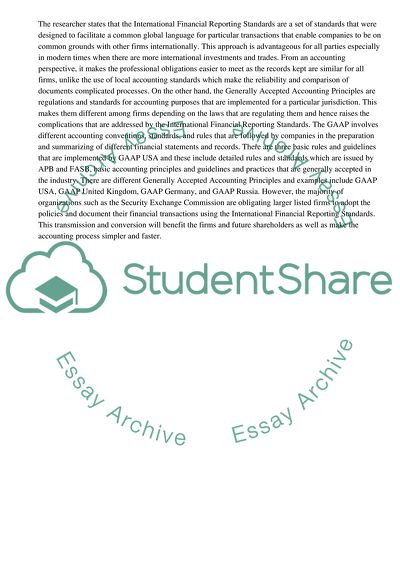Cite this document
(The Potential Benefits to Investors Arising from the Switch to Research Paper, n.d.)
The Potential Benefits to Investors Arising from the Switch to Research Paper. Retrieved from https://studentshare.org/business/1832385-argumentative-research-paper
The Potential Benefits to Investors Arising from the Switch to Research Paper. Retrieved from https://studentshare.org/business/1832385-argumentative-research-paper
(The Potential Benefits to Investors Arising from the Switch to Research Paper)
The Potential Benefits to Investors Arising from the Switch to Research Paper. https://studentshare.org/business/1832385-argumentative-research-paper.
The Potential Benefits to Investors Arising from the Switch to Research Paper. https://studentshare.org/business/1832385-argumentative-research-paper.
“The Potential Benefits to Investors Arising from the Switch to Research Paper”, n.d. https://studentshare.org/business/1832385-argumentative-research-paper.


